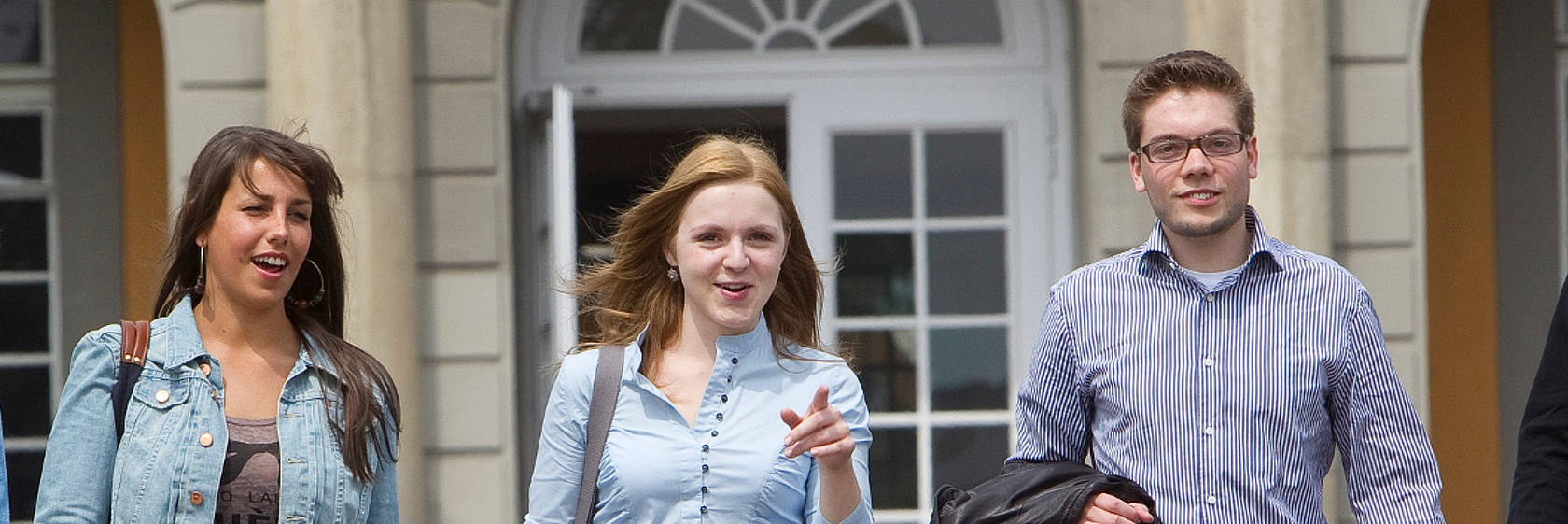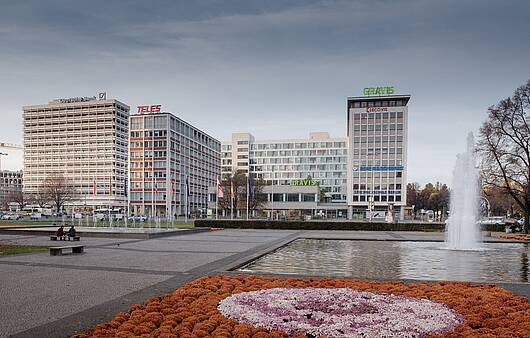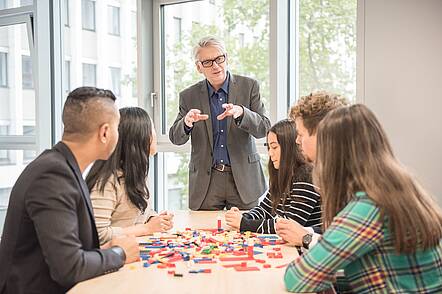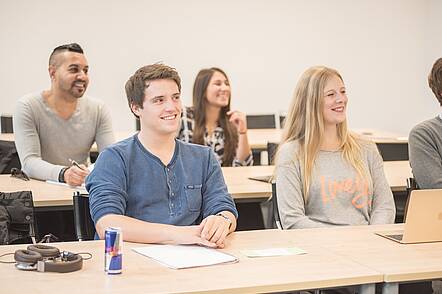Results 10 of 256 total
Your search criteria Study Type: Undergraduate Institution:Sustainable Battery Production Engineering - dual
Quick Overview
- University SRH Berlin University of Applied Sciences
- Degree Master of Engineering
- Study Type Second cycle
- Mode of admission without admission restriction
- Standard period of study (amount) 4 semesters
- Study Mode (elucidation) dual system; including practical semester; international course
- Location (main / branches campus) Berlin
- Admission semester summer and winter semester
-
Subject
- Areas of Concentration Automation, Robotics and Mechatronics, Battery Technology, Data Analysis, Holistic Battery Production, Production Engineering, Product Lifecycle Management, Recycling Technologist, Risk, Project and Quality Management, Sensor Technology and Metrology, Sustainability Management















